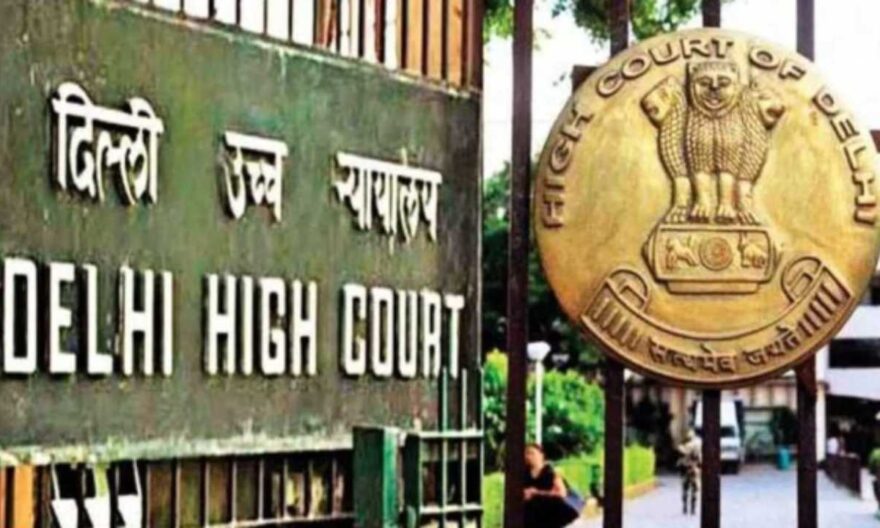
The Delhi High Court has rejected an appeal challenging a trial court’s decision to deny bail to Suhail Ahmad Thokar, one of the accused in a case registered under various sections of the Indian Penal Code and the Unlawful Activities (Prevention) Act (UAPA) related to the Jammu and Kashmir terrorism case.
A division bench of Justice Siddharth Mridul and Justice Anish Dayal stated that after careful consideration of the provisions of the UAPA Act and an evaluation of the evidence presented in the charge sheet, including collective evidence and a surface analysis of its probative value, they found reasonable grounds to believe that the accusations against the appellant are true. As a result, the conditions outlined in Section 43D(5) of the UAPA Act have been met.
“The present appeal is accordingly dismissed,” the bench directed.
According to the National Investigation Agency (NIA), the FIR was filed following intelligence indicating the development of a larger conspiracy in the Kashmir valley. The prosecution alleges that this conspiracy involved physical and digital aspects and was orchestrated by banned terrorist groups such as Lashkar-e-Taiba (LeT), Jaish-E-Mohammed (JeM), Hizb-ul-Mujahideen (HM), Al-Badr, and other terrorist groups detailed in the charge sheet. The investigation revealed that these terrorist groups, in collaboration with facilitators and leaders in Pakistan, along with their Over-Ground Workers in India, aimed to radicalize local youth and recruit and train them for acts of terrorism, including handling weapons, ammunition, and explosives. The objective was to carry out attacks on civilians and security forces to spread fear in the Kashmir Valley and other parts of India after the revocation of Article 370 from the Indian Constitution.
The charge sheet alleges that high-ranking leaders of various terrorist organizations in Pakistan masterminded this conspiracy, including Lashkar-e-Taiba (LeT), Hizb-ul-Mujahideen (HM), Al-Badr, and others. The conspiracy was formed following the revocation of Article 370 with the goal of reigniting terrorism in Jammu and Kashmir and other regions of India. As part of this conspiracy, a central organization known as the “United Jihad Council” (UJC) was established in collaboration with other proscribed terrorist groups.
In the case, Suhail Ahmed Thokar, through his lawyer, argued that there was no substantive evidence on record linking him to the “larger conspiracy” that led to the FIR’s registration. The lawyer also contended that nothing incriminating was found in the appellant’s possession. Additionally, it was argued that mere affiliation with a terrorist organization does not meet the essential prerequisites for invoking the charges outlined under Sections 38 and 39 of the UAPA Act.




